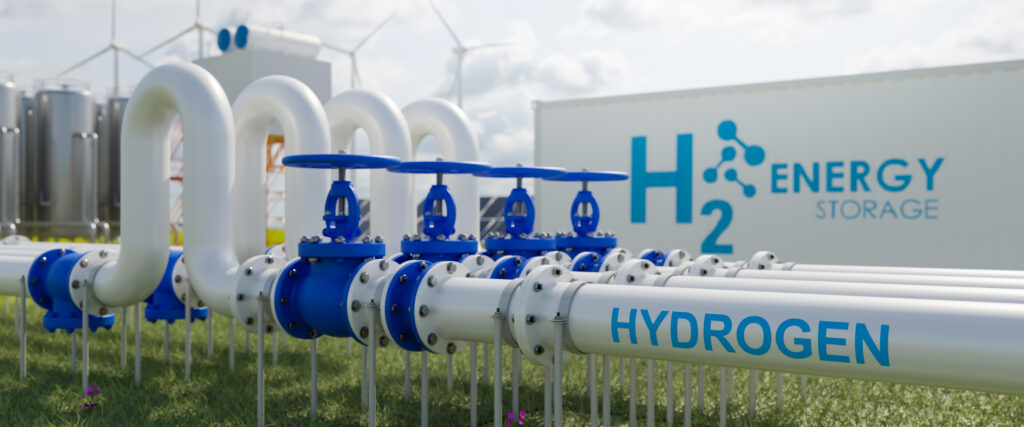Hydrogen is increasingly seen as a key element in the global energy transition. Governments and industry are pinning high hopes on the versatile molecule to reduce emissions and replace fossil fuels. But is the market ready for the breakthrough?
Cost reductions through technology and scaling
Green hydrogen - i.e. hydrogen produced using renewable energies - has long been expensive. This is changing rapidly: according to the International Energy Agency (IEA), production costs have already fallen by around 50 % since 2020. Advances in electrolysis technology and falling costs for solar and wind power are driving this development.
Infrastructure - the critical bottleneck
Despite falling production costs, infrastructure remains the biggest obstacle. Transporting and storing hydrogen is technically challenging and expensive. Nevertheless, the first hydrogen pipelines are being built worldwide and conversion into ammonia for easier distribution is gaining in importance. Large-scale projects such as "H2Med" or the European "Hydrogen Backbone" are intended to remedy this situation.
Industrial use picks up speed
Hydrogen is showing its potential in heavy industry in particular: steel producers are testing hydrogen-based direct reduction, while chemical companies are reducing their natural gas requirements with H₂ processes. The first plants are already in operation, for example in Sweden and Germany - with the support of government funding programs and EU initiatives.
Consequences for the commodity markets
The hydrogen ramp-up could have a noticeable impact on pricing in the commodity markets:
- Demand for natural gas could fall in the medium to long term.
- Ammonia is gaining in importance as a means of transporting hydrogen.
- The market for CO₂ certificates is relieved by emission-free H₂ processes.
Conclusion
The crucial question is no longer whether hydrogen will come - but how quickly. Regulatory clarity, targeted investment in infrastructure and industrial scaling will determine success. Hydrogen is no longer a vision, but a reality in the making - with significant effects on the energy, raw materials and financial markets.
Sources and further links:
- IEA: Global Hydrogen Review 2023
- Agora Energiewende: Hydrogen Strategy 2030
- Hydrogen Council: Scaling up Hydrogen Projects
- European Hydrogen Backbone Initiative
